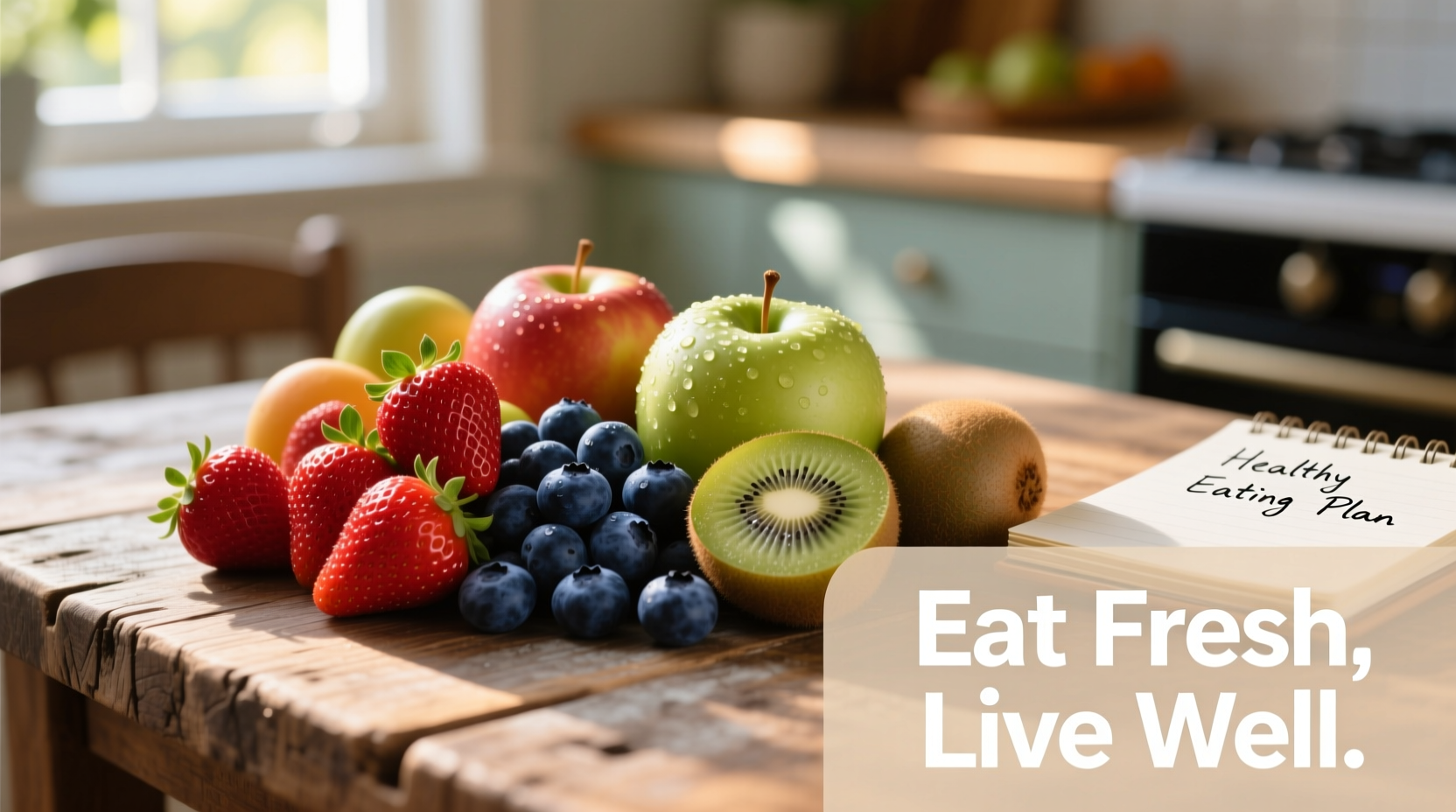Many people wonder about natural ways to improve the taste of semen. While this topic isn't extensively studied in medical literature, understanding the basic science behind semen composition and how diet affects bodily fluids can provide practical guidance. Let's explore what actually influences semen flavor and what changes might make a difference.
What Determines Semen Flavor?
Semen is composed of fluids from multiple glands, including the seminal vesicles (which produce about 70% of semen volume), prostate gland, and bulbourethral glands. The primary components affecting taste include:
- pH levels - Semen is naturally alkaline (pH 7.2-8.0) to protect sperm in the acidic vaginal environment
- Sugar content - Fructose provides energy for sperm motility
- Mineral composition - Zinc, calcium, and other minerals contribute to flavor profile
- Metabolic byproducts - From foods, medications, and bodily processes
According to research published in the Journal of Andrology, dietary components can influence the chemical composition of seminal fluid within hours. However, the actual perceptible taste changes are typically subtle rather than dramatic.
Evidence-Based Dietary Approaches
While no food will completely transform semen flavor, certain dietary patterns may create more pleasant tasting results. The most commonly reported effective approaches include:
| Foods/Beverages | Potential Effect | Scientific Support |
|---|---|---|
| Pineapple, citrus fruits, berries | Sweeter, fruitier flavor | Moderate (high vitamin C and fructose content) |
| Water, coconut water | Milder, less concentrated flavor | Strong (dilution effect) |
| Wheatgrass, parsley, celery | Fresher, cleaner taste | Limited (chlorophyll content) |
| Alcohol, coffee, processed meats | Bitter, unpleasant flavor | Moderate (metabolites affect pH) |
| Dairy products | Creamier texture | Anecdotal only |
This information aligns with nutritional research from the National Institutes of Health showing how dietary patterns influence bodily fluid composition. The strongest evidence supports hydration and fruit consumption as factors that may create more favorable taste profiles.
Realistic Timeline for Changes
Many people wonder how quickly dietary changes might affect semen taste. Based on metabolic research:
- Immediate effect (1-12 hours): Hydration status shows the fastest impact
- Short-term (12-24 hours): Fruit consumption may begin influencing flavor
- Medium-term (2-3 days): Eliminating strongly flavored foods like garlic or asparagus
- Long-term (1-2 weeks): Complete dietary pattern changes show most consistent results
A study in the American Journal of Clinical Nutrition found that significant dietary changes affected bodily fluid composition within 24 hours, though individual metabolism varies considerably.
Important Limitations to Understand
Before making dietary changes, consider these crucial factors:
- Individual variation is significant - what works for one person may not work for another
- Changes are subtle, not dramatic transformations
- Genetic factors play a role in natural semen composition
- No food can eliminate underlying medical conditions affecting semen
- Excessive consumption of certain foods may cause digestive issues
The Mayo Clinic emphasizes that semen taste concerns are rarely medically significant and typically reflect normal biological variation rather than health problems.
When to Consult a Healthcare Provider
While taste preferences are normal, certain symptoms warrant medical attention:
- Sudden, dramatic changes in semen appearance or consistency
- Pain during ejaculation
- Blood in semen
- Foul odor accompanied by other symptoms
- Concerns about fertility
These could indicate infections or other medical conditions that require professional evaluation rather than dietary adjustments.
Natural Remedies Worth Trying
For those interested in natural approaches, consider these evidence-informed strategies:
- Drink at least 8 glasses of water daily for optimal hydration
- Include 2-3 servings of citrus fruits daily (oranges, grapefruit, lemon water)
- Add pineapple to your diet - fresh is better than canned for maximum effect
- Reduce alcohol consumption, especially beer and spirits
- Limit processed foods and artificial sweeteners
- Try wheatgrass shots or parsley smoothies for chlorophyll benefits

Maintaining Realistic Expectations
It's important to understand that:
- No food creates "perfect" tasting semen - biological fluids have inherent flavors
- Changes are temporary and require ongoing dietary maintenance
- Communication with partners about preferences is more effective than extreme dietary measures
- Overall health matters more than isolated flavor concerns
The American Urological Association notes that semen taste preferences are highly subjective and vary significantly between individuals. What one person finds pleasant, another may not.
Conclusion
While scientific research specifically on semen taste is limited, evidence suggests that dietary choices can influence flavor profiles in subtle ways. Focusing on a balanced, fruit-rich diet with adequate hydration represents the most evidence-based approach. Remember that minor variations in taste are normal and rarely indicate health concerns. If you have significant worries about semen characteristics, consult a healthcare provider rather than relying solely on dietary changes.











 浙公网安备
33010002000092号
浙公网安备
33010002000092号 浙B2-20120091-4
浙B2-20120091-4